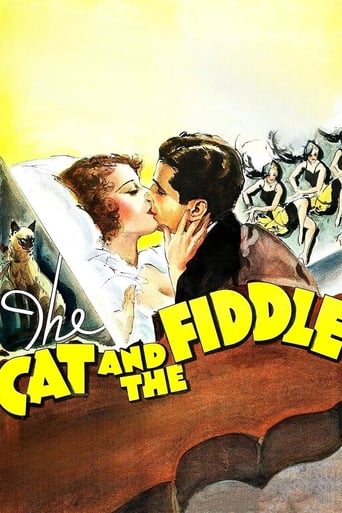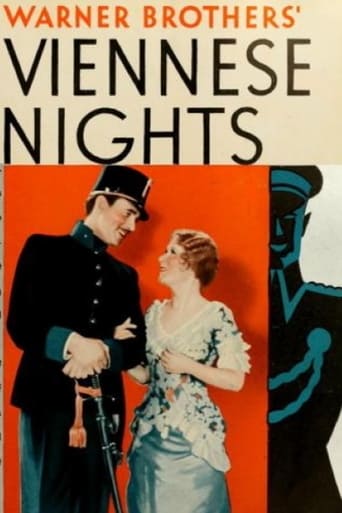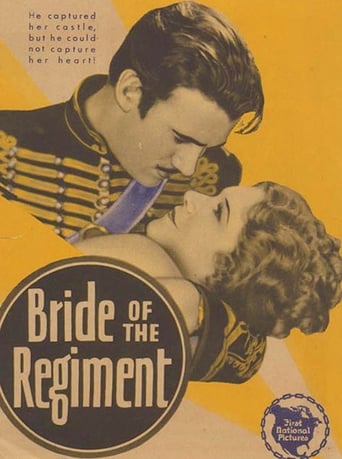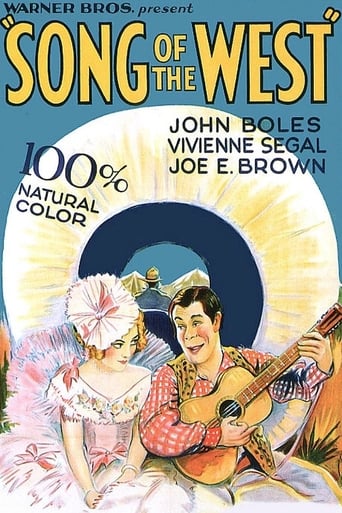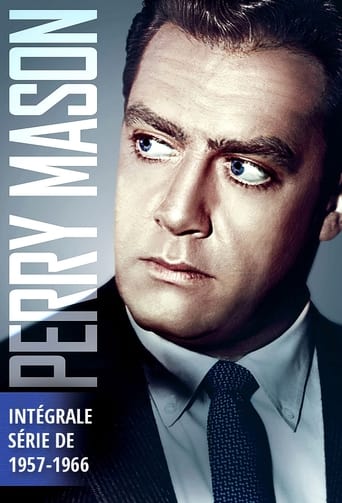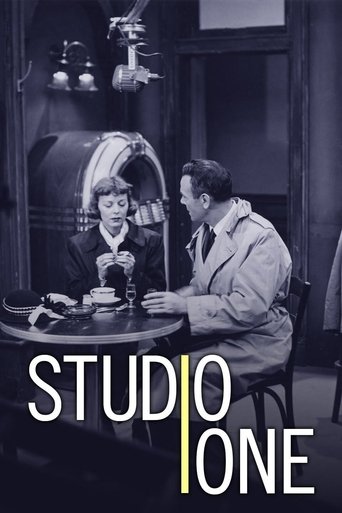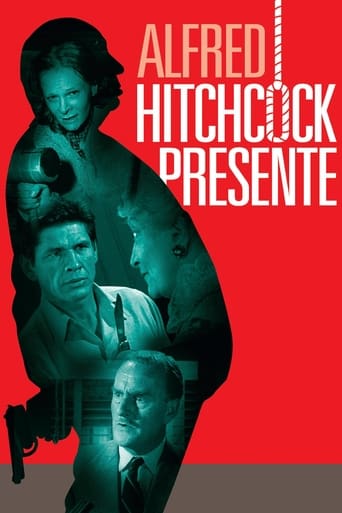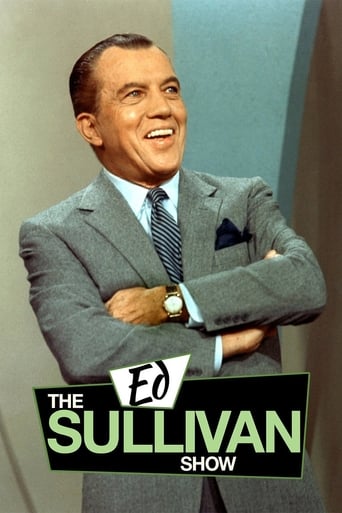Vivienne Segal
Recently added
Viennese Nights
Nov 25, 1930In 1890, Gus Sascher joins the Austrian Army and romances the impoverished girl Elsa Hofner. Elsa instead marries the wealthier officer Franz von Renner, in an attempt at social climbing.
Music
Golden Dawn
Jun 14, 1930Dawn, a young white girl who has been kidnapped in infancy and reared by Mooda, an African woman who operates a canteen in the German cantonment, meets and falls in love with Tom Allen, an English rubber planter who is a prisoner of war. Shep Keyes, who has joined the German troops, covets her but realizes he cannot possess her because she is betrothed to the tribal god, Mulunghu. On the eve of the ceremony, he learns of her love for Tom. Tom, meanwhile, is sent back to England, and when the English take the territory from the Germans, Shep tries to incite the natives, who are experiencing a drought, against Dawn because of her love of a mortal. Tom learns from Mooda that Dawn was stolen from a white trader and finds her seeking refuge in a convent. Shep arouses the natives, but Dawn declares her faith in the white man's God, and a thunderstorm brings relief to the parched land, after which Tom claims her for his bride.
Comedy
Bride of the Regiment
May 21, 1930As they are leaving the church following their wedding, Count Adrian Beltrami and Countess Anna-Marie are told that the Austrians are marching on the town to quell an Italian uprising. The bride and relatives induce the count to flee to his castle, but Tangy, a silhouette cutter, brings word from the revolutionary committee asking him to return; the count goes, asking Tangy to pose as the count and protect Anna-Marie.
Music
Song of the West
Mar 15, 1930Captain Stanton, who because of a misunderstanding over a woman with Major Davolo, has been cited for a court martial. As a scout, he is sent to escort a wagon train which is under military escort. It turns out that this escort is his own former regiment. When he meet Davolo, there is another fight and between Stanton and Davolo in which Davolo is killed.
Music
Perry Mason
May 22, 1966La série met en scène les affaires traitées par Perry Mason, célèbre avocat de Los Angeles.
Mystery
Studio One
Sep 29, 1958An American radio–television anthology series, created in 1947 by Canadian director Fletcher Markle, who came to CBS from the CBC. Studio One, presented by Westinghouse, was one of the first of the anthology TV programs. The episodes were often abridged remakes of movies from years gone by and many future well-known television and movie actors appeared in the productions.
Drama
Alfred Hitchcock présente
Jul 03, 1962Immortalisée par la silhouette d'Alfred Hitchcock apparaissant sur l'écran au son de la Marche funèbre d'une marionnette de Charles Gounod, cette série est en fait une anthologie de petites histoires noires, à la chute souvent inattendue. Au début de chaque épisode et avant d'en faire la présentation, toujours teintée d'humour noir, Alfred Hitchcock saluait les téléspectateurs d'un sévère « Bonsoir ». Il revenait en épilogue pour exposer sa morale de l'histoire. (source : Wikipédia)
Mystery
The Ed Sullivan Show
May 30, 1971The Ed Sullivan Show is an American TV variety show that originally ran on CBS from Sunday June 20, 1948 to Sunday June 6, 1971, and was hosted by New York entertainment columnist Ed Sullivan. It was replaced in September 1971 by the CBS Sunday Night Movie, which ran only one season and was eventually replaced by other shows.
In 2002, The Ed Sullivan Show was ranked #15 on TV Guide's 50 Greatest TV Shows of All Time.
Comedy
Alfred Hitchcock présente
Jul 03, 1962Immortalisée par la silhouette d'Alfred Hitchcock apparaissant sur l'écran au son de la Marche funèbre d'une marionnette de Charles Gounod, cette série est en fait une anthologie de petites histoires noires, à la chute souvent inattendue. Au début de chaque épisode et avant d'en faire la présentation, toujours teintée d'humour noir, Alfred Hitchcock saluait les téléspectateurs d'un sévère « Bonsoir ». Il revenait en épilogue pour exposer sa morale de l'histoire. (source : Wikipédia)
Mystery
